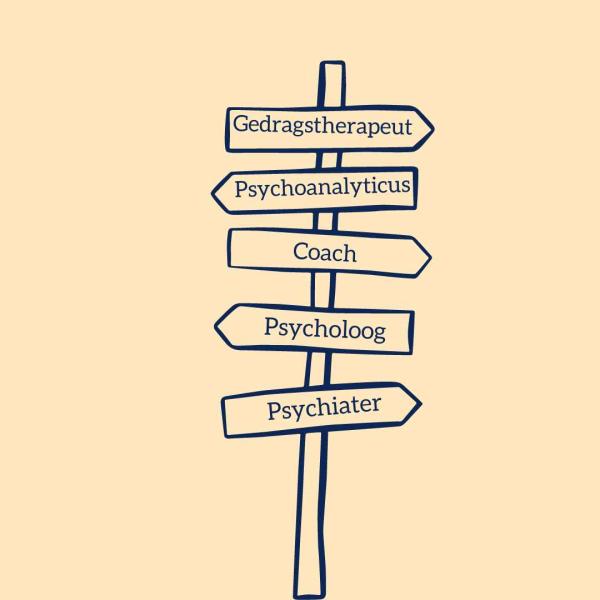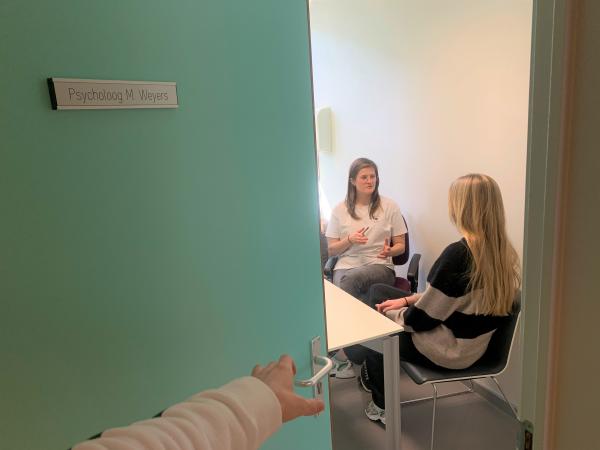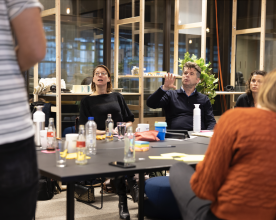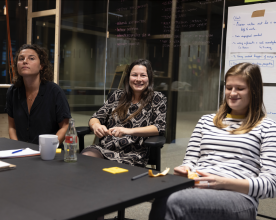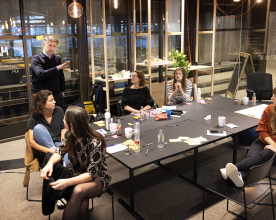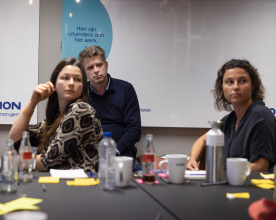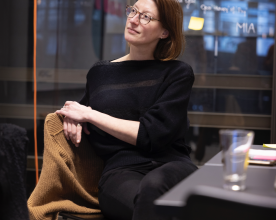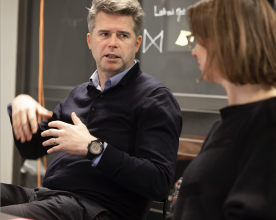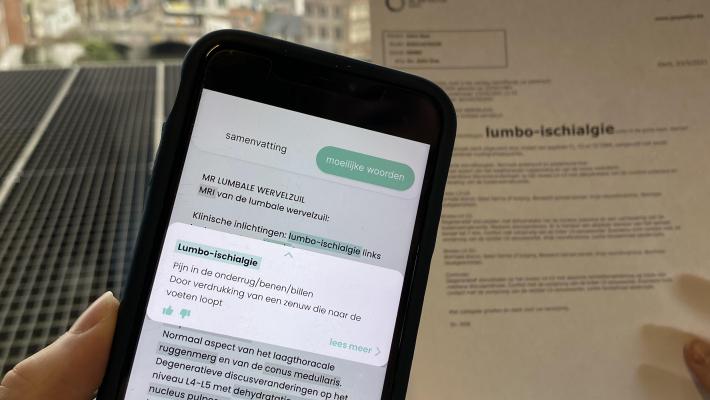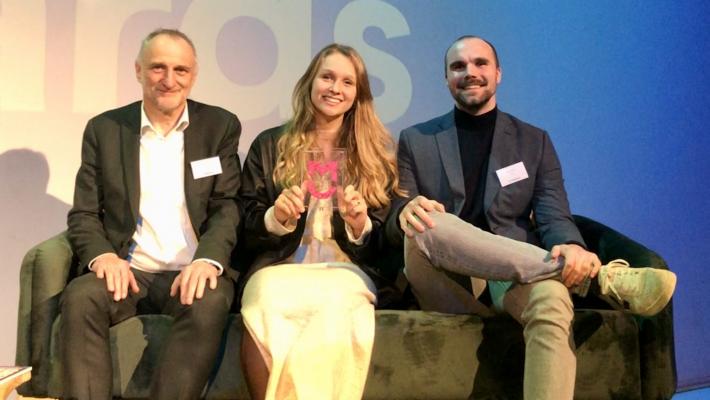MIA: a web tool to find customized psychological help
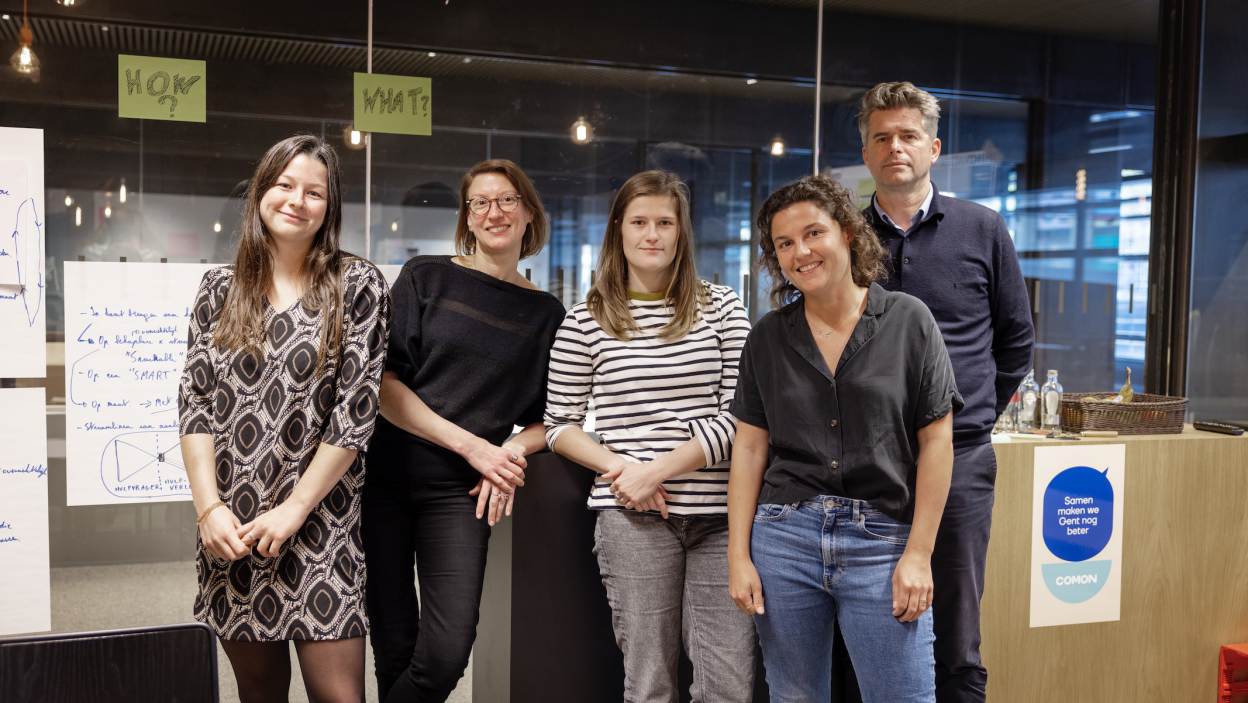
Ghentians are experimenting with innovative solutions to make healthcare more understandable. Meet 'MIA': a web tool to find tailored psychological help. This clever solution was developed under the wing of Comon. During one of the Microlabs on understandable healthcare, a diverse team further developed this idea into a working prototype.
What is MIA?
The idea behind MIA is that it is often very difficult for people looking for psychological help to find the right person. It is quite complicated to find out what kind of help you need (psychoanalysis, systemic therapy, etc.) and many people also do not immediately know what exactly is “wrong” with them. Are they in danger of falling into depression? A burnout? Do they have an anxiety disorder? A bipolar disorder? They often have no idea: they simply don't feel well, and seek help.
In addition, on a personal level, it is often a bit of a search until you end up with the right person: it is important to “click” with your psychologist, otherwise the counseling process is often ineffective. This can result in people seeking help having to do several intake interviews with different psychologists before they end up with the right person. And this in a branch of assistance where waiting lists for an initial intake interview are often long. For this reason, many people give up even though they need help.
How does MIA work exaclty?
The purpose of MIA is to facilitate matchmaking between the person seeking help and its provider in a digital way. It is too ambitious to hope that this system will ensure that the person seeking help will immediately end up with the right social worker and will immediately click. But the more unnecessary intake interviews we can eliminate, and the more applicants we can put in the 'right' queue, the better.
MIA is a web tool, which, based on simple questions, aims to narrow down the list of appropriate caregivers quite a bit, allowing the person seeking help to contact the right person faster.
The brain behind MIA

Together, these enthusiastic people make up the team behind MIA:
- Mathilde, graduate in clinical psychology at Ghent University
- Frans, founder of Zipster, a digital referral platform that helps healthcare providers refer patients to local welfare actors
- Jessica, experimental psychologist and researcher at Ghent University
- Kathy, library Faculty Psychology & Pedagogy at Ghent University and volunteer at Similes
- Nora, clinical psychologist and researcher at the KU Leuven
How did MIA come into existence?
During one of Comon's Microlabs, a diverse team of Ghent inventors set out to shape, test and develop the idea behind MIA into a prototype that actually works. They did so during a 5-day design sprint, during which the team immersed themselves in the wonderful world of design thinking, fast prototyping and testing. Mathilde had the idea in her head for three years until she got the chance to work it out at Comon: “MIA is an ode to Ghent and a tribute to all the people for whom help unfortunately came too late.”
Take a look: Microlab MIA
What's that, Microlab?
Comon is all about experimenting and bringing people together. That’s precisely what happens during the Microlabs. In these labs, diverse teams of inventors work on shaping and testing innovative ideas into functioning prototypes.

